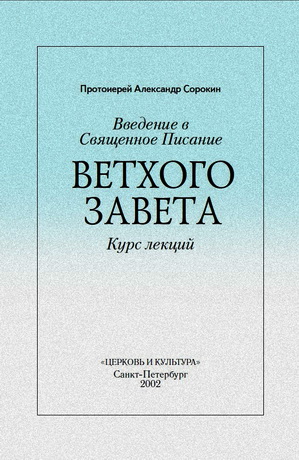
Horsley - Paul and Roman Imperial Order
Protestant interpreters have traditionally understood Paul in opposition to Judaism. Luther’s discovery of “justification by faith” in Pauls Letter to the Romans, the solution to his frustrating quest for a sense of righteousness, became the formative religious experience through which Paul’s letters have been read. Paul became the paradigmatic homo religiosus whose quest for salvation by a compulsive keeping of the Law in his native Judaism drove him to his dramatic conversion to God’s grace manifested in Christ. As the great apostle of Christ, Paul then created a new, universal, and spiritual religion, Christianity, which transcended the parochial and particularistic bounds of Judaism. Protestant theology has thus determined both the overall framework in which Paul has been understood, that of Christian theology, and the other against which Paul was always juxtaposed, Judaism.
This approach to Paul that has dominated NT studies for generations is based on the unquestioned and distinctively modern Western assumptions that Paul is concerned with religion and that religion is not only separate from political-economic life, but also primarily a matter of individual faith. The temporal kingdom and spiritual kingdom have little to do with each other, except insofar as the former maintains a civil order in which the latter can be cultivated. And, of course, Paul himself supposedly insisted on unquestioning obedience to the civil magistrates, even imperial or monarchic rulers, as God’s instruments of civil order.
When NT scholars struggled to rethink their theology and exegesis in the aftermath of the Holocaust, they made two dramatic shifts. In one, the great hero of faith who articulated foundational Christian theology was discovered to share the same fundamental “covenantal nomism” of Judaism, from which he originated. Paul’s new religion of personal faith was no longer seen as sharply opposed to Judaism. “In short, this is what Paul finds wrong with Judaism: it is not Christianity.” The issue, however, remained strictly one of religion, and in effect, Paul was still understood as involved in, and indeed the creator of, a new religion different from his old one.
Richard A. Horsley - Paul and the Roman Imperial Order
Harrisburg, London, New York : Trinity Press International, 2004. - 210 pp.
ISBN 1-56338-421-3 (pbk.)
Richard A. Horsley - Paul and the Roman Imperial Order - Contents
Copyright
Contents
Abbreviations
Introduction
- 1. The Corruption and Redemption of Creation: Reading Rom 8:18-23 within the Imperial Context
- 2. "Unmasking the Powers": Toward a Postcolonial Analysis of 1 Thessalonians
- 3. The Apostle Paul's Self-Presentation as Anti-Imperial Performance
- 4. Resisting Imperial Domination and Influence: Paul's Apocalyptic Rhetoric in 1 Corinthians
- 5. Patronage and Commendation, Imperial and Anti-Imperial
- 6. Phil 2:6-11 and Resistance to Local Timocratic Rule: Isa theō and the Cult of the Emperor in the East
- 7. Paul and the Politics of Virtue and Vice
- 8. Response
Contributors
Index
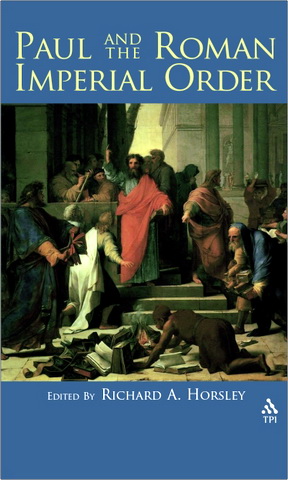
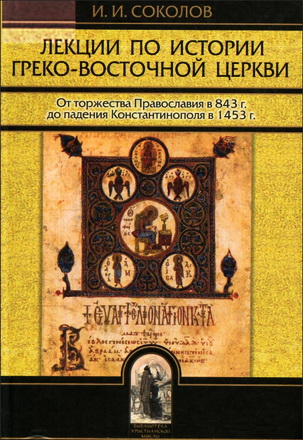
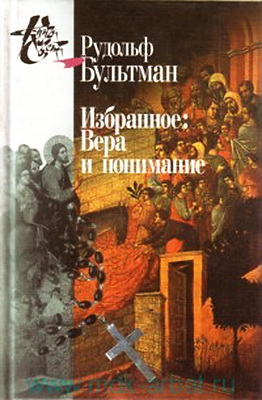
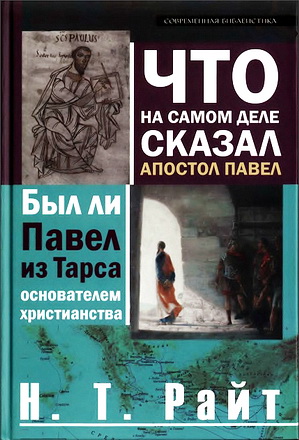
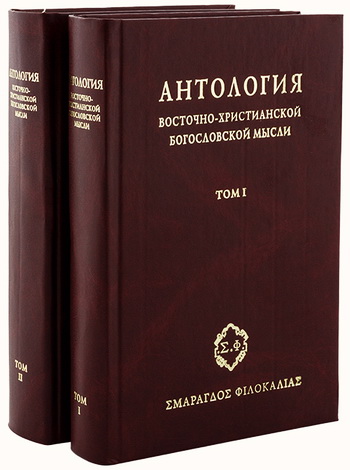
Комментарии
Пока нет комментариев. Будьте первым!